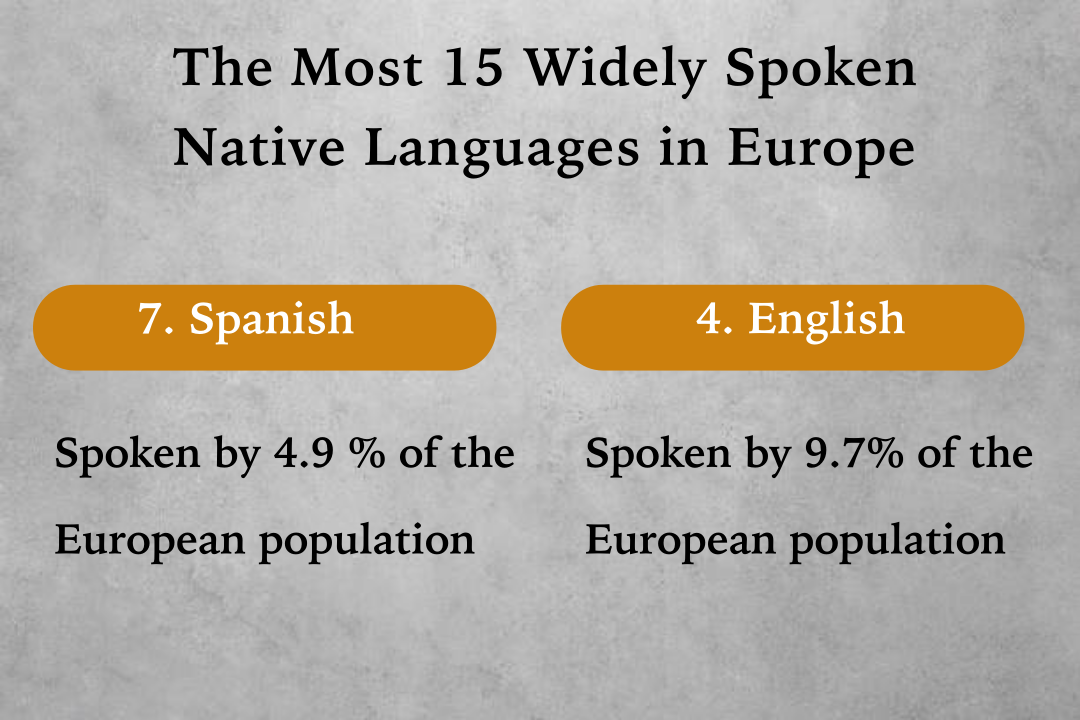From the iconic “She sells seashells by the seashore” to the more enigmatic “Fuzzy Wuzzy was a bear, Fuzzy Wuzzy had no hair, Fuzzy Wuzzy wasn’t very fuzzy, was he?“. Tongue twisters provide endless entertainment, reminding us that even the simplest words can become a hilarious hurdle for our mouths and minds to overcome.
Thank you for reading this post, don't forget to subscribe!Here are some tongue twisters from 9 different languages to test your linguistic skills:
1. English
Betty bought a bit of butter, But the butter was so bitter, So she bought some better butter, To make the bitter butter better.
2. German
Brautkleid bleibt Brautkleid und Blaukraut bleibt Blaukraut.
The wedding dress stays the wedding dress and blue cabbage stays blue cabbage.
3. Spanish
“Una cacatrepa trepa tiene tres cacatrepitos.
Cuando la cacatrepa trepa trepan los tres cacatrepitos.“
A climbing caterpillar has three baby caterpillars. When the climbing caterpillar climbs the three baby caterpillars climb.
4. French
Si six scies scient six-cent-six scies, ces six-cent-six scies seront sciées.
If six saws saw six hundred six saws, those six hundred six saws will be sawed.
5. Arabic
لَمٌ أَلَمَّ أَلَمْ أُلِمَّ بِدَائِهِ … إِنْ آنَ آنٌ آنَ آنُ أَوَانِهِ
(Alamun alamma alam ulimma bida’ih … In aana aanun aana aanu awaanih)
I’ve got pain, but I don’t know the disease … If it hurts me, it should be healed
by Abu at-Tayyib Al-Mutanabbi (AD 915-965)
6. Italian
Trentatré trentini entrarono a Trento tutti e trentatré trotterellando.
Thirty-three dwellers of Trent came into Trent, all thirty-three trotting and toddling.
7. Turkish
Şu köşe yaz köşesi, şu köşe kış köşesi, ortadaki su şişesi.
That corner is summer corner, that corner is winter corner, water bottle in the middle.
8. Mandarin Chinese
妈妈骑马。马慢,妈妈骂马。[媽媽騎馬。馬慢,媽媽罵馬。]
Māmā qímǎ. Mǎ màn, māmā mà mǎ.
Mother rides a horse. The horse is slow, mother scolds the horse
See Also: 11 unusual facts about European languages you didn’t know
The 15 Most Widely Spoken Native Languages in Europe
9. Portuguese
O doce perguntou pro doce qual doce que era mais doce.
O doce respondeu pro doce que o doce mais doce era o doce de batata doce.
The sweet asked the sweet which sweet was sweeter.
The sweet answered the sweet that the sweeter sweet was the sweet potato sweet.
10. Romanian
Capra neagră-n piatră sare, piatra crapă-n patru, crapă capul caprei negre precum piatra crapă-n patru. Piatra crapă capul caprei în patru, cum a crăpat și capra piatra-n patru.
The chamois jumps on the stone, the stone splits in four, may the chamois’ head split as the stone splits in four. The stone splits the chamois’ head in four, as the chamois had split the stone in four too.
11. Danish
Bisp Bissens gibs gebis og bispindens gisp.
Bishop Bissen’s plaster dentures and the bishop’s wife’s gasp.
12. Finnish
Appilan pappilan apupapin papupata pankolla kiehuu ja kuohuu.
The curates beanpot is boiling and boiling over on the stove in the rectory of the parents-in-law.
13. Hindi
खड़क सिँह के खड़कने से खड़कती हैँ खिड़कियाँ, खिड़कियोँ के खड़कने से खड़कते हैँ खड़क सिँह।
(Khadak Singh ke khadakane se khadakati hain khidkiyan, khidkiyon ke khadakane se khadakte hain Khadak Singh.)
When Khadak Singh shakes, the windows shake; when the windows shake, Khadak Singh shakes.
14. Swedish
Klockan sju sitter en sjuk katt på skivan och sjunger.
At 7 o’clock a sick cat is sitting on a disc and singing.

See Also: The Top 10 Most Endangered Languages in Europe







